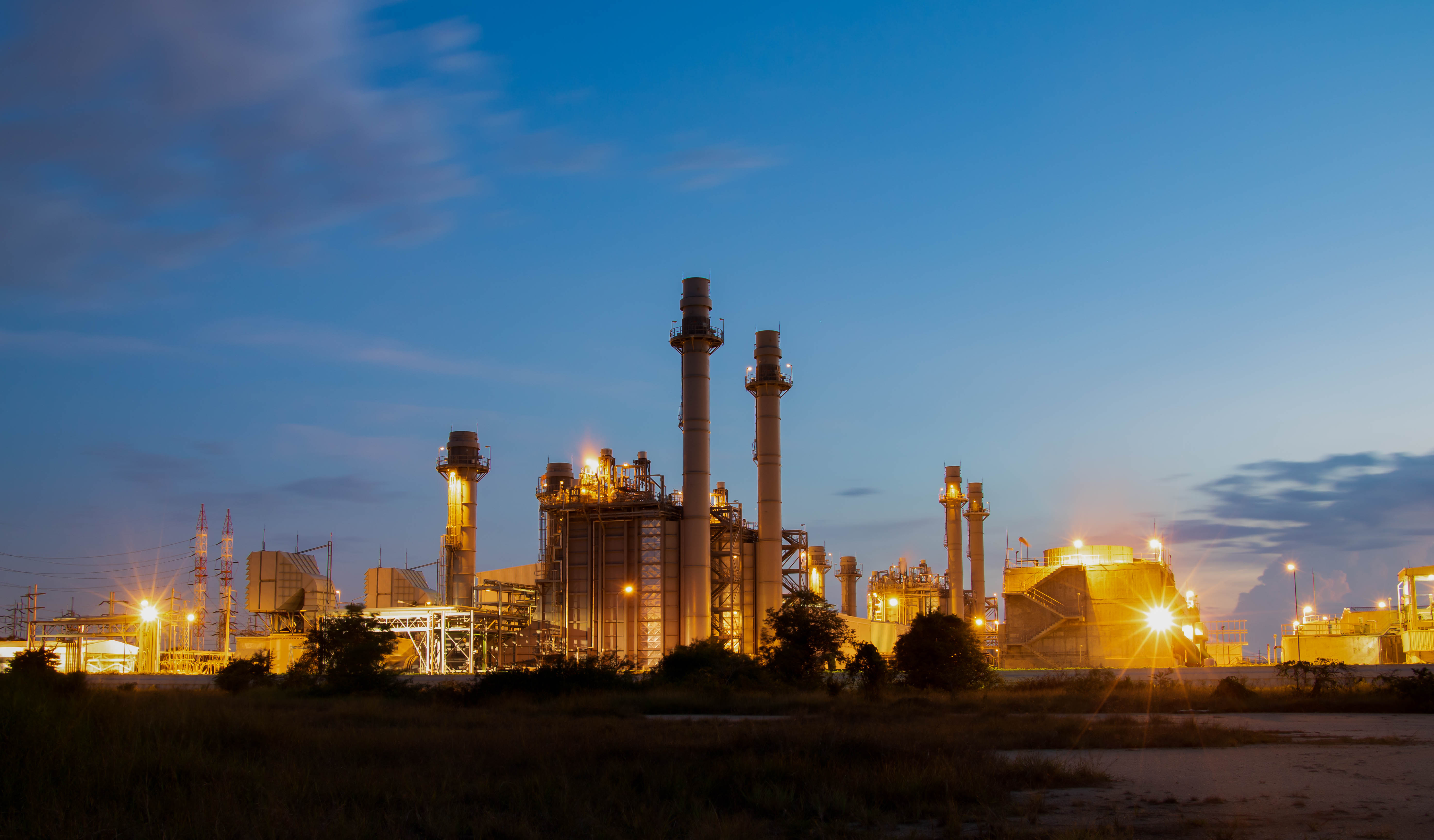IEEFA U.S.: Hydrogen is not a solution for gas-fired turbines

Billions of dollars in needed infrastructure investment would yield only marginal environmental benefits
Key Takeaways:
State regulators and potential project investors need to scrutinize assertions that hydrogen gas will be widely used in methane-fired turbines.
Lack of supply, lack of pipeline infrastructure, and lack of storage capacity will slow and perhaps entirely halt the widespread use of hydrogen as a replacement for methane in turbine generators.
The costs of wind, solar and storage are known today, while the ultimate cost of any “hydrogen-capable” turbine will not be known for years.
Hydrogen-related power projects require significant additional investments that will be extremely costly for ratepayers, may not actually work and will conflict with readily available and cheaper renewable options.
Assertions that hydrogen gas will be widely used in methane-fired turbines gloss over the many shortcomings and unanswered questions associated with burning hydrogen in power plants, according to the latest Institute for Energy Economics and Financial Analysis (IEEFA) report.
Electric utilities and project developers have latched onto the terms “hydrogen-ready” and “hydrogen-capable” in describing their plans to build new methane gas-fired (popularly called natural gas-fired) power plants. State regulators and potential project investors need to scrutinize assertions that hydrogen gas will be widely used in methane-fired turbines, as these assertions overlook the significant investment, in both dollars and time, needed to build the infrastructure required for such a transition.
“Despite proponents’ claims, the reality is that for at least the next 10 years, any “hydrogen-capable” gas-fired power plant is going to operate almost completely, if not completely, using methane,” said Dennis Wamsted, IEEFA energy analyst and author of the report. “It’s critical that these projects be evaluated on that basis—not some hoped-for, potentially less environmentally damaging fuel that is years from broad commercial availability.”
The report examines three key hurdles that will slow and perhaps halt the widespread use of hydrogen as a replacement for methane in turbine generators:
- Lack of supply: The U.S. produces about 10 million tons of hydrogen every year, virtually all of which is consumed in the petrochemical and fertilizer sectors. Any hydrogen blending in the power sector would require new production, and a lot of it.
- Lack of pipeline infrastructure: Getting hydrogen to power plants would require the construction of thousands of miles of costly new pipelines.
- Lack of storage capacity: The gas industry is reliable because of the vast network of underground storage facilities spread around the country; there is no comparable hydrogen storage infrastructure. Building that infrastructure would be expensive and time-consuming, with many questions still unanswered regarding the safety of storing hydrogen, particularly in depleted oil and gas fields that account for the bulk of current methane storage.
Hydrogen is not the solution for decarbonizing the U.S. power grid. It would require a costly and time-consuming buildout of new production, transportation and storage capacity. Utility regulators and financial professionals should evaluate the proposals on that basis, not the rosy rhetoric being put forward by utility executives and project developers. The “hydrogen-capable” debate also misses a larger point: We already have the tools to move toward a largely decarbonized grid in the form of solar, wind, battery storage and efficiency measures.













